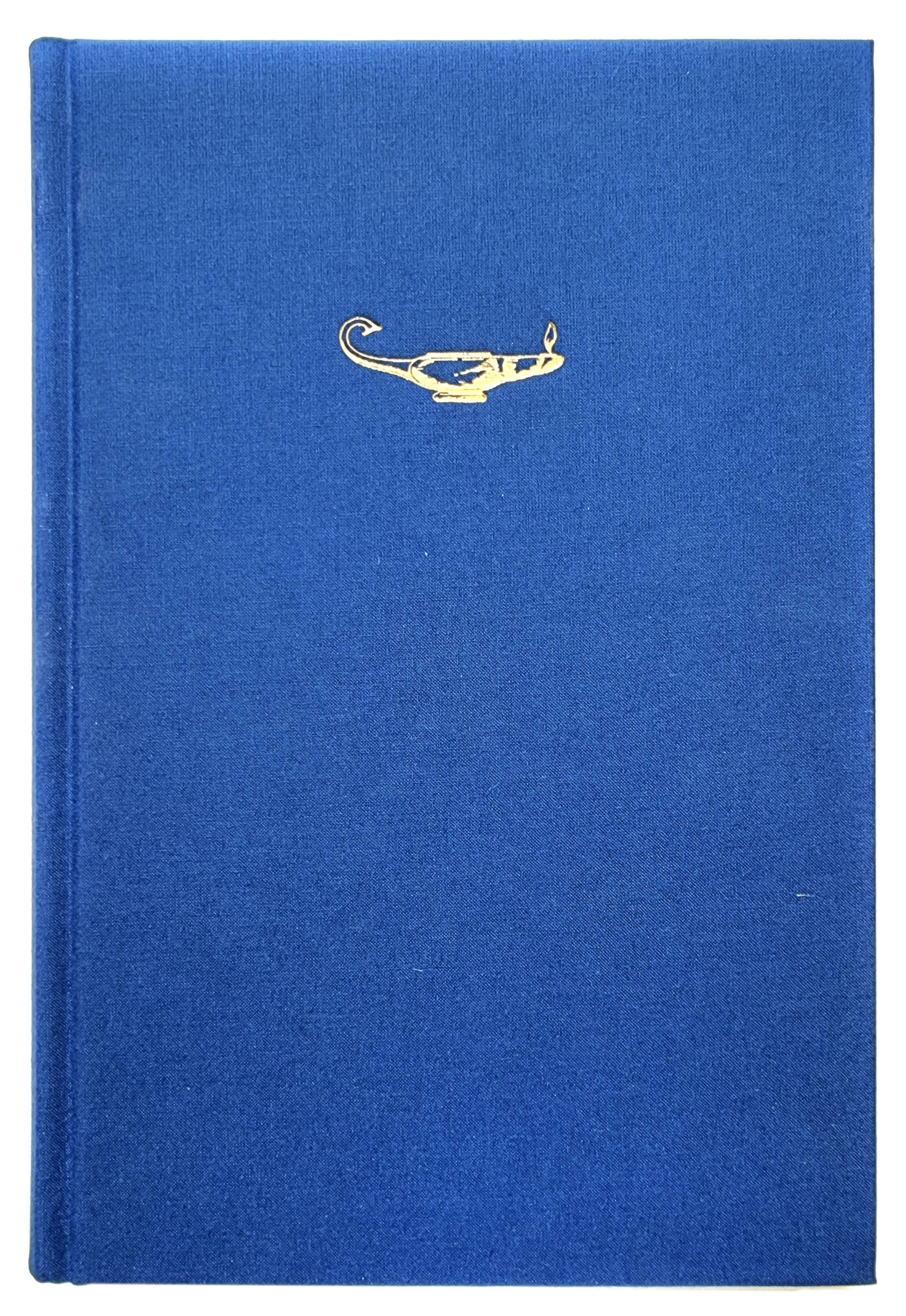En barock mentalitet och 1600-talet som motsatsernas tid
Exemplet Johan Ekeblad
Nyckelord:
Johan Ekeblad, baroque, history of mentality, honnête homme, correspondence, conversation, Michel de Montaigne, Swedish seventeenth centuryAbstract
Mostly known for his letters, written in an impressionistic style, Johan Ekeblad was a nobleman and diplomat during the period of the Swedish Empire (svenska stormaktstiden) in the seventeenth century. This article seeks to treat Ekeblad and his writing as an example of a baroque mentality—here defined as marked by dialectical relationships of old and new, order and disorder, the religious and the profane, lightness and gravitas. This baroque mentality is not uniquely Swedish in its articulation, rather it is connected to a wider European context and shaped by European ideals and manners of the time, for instance, the French ideal of the honnête homme. Nevertheless, the article argues, this mentality is closely tied to a specific historical situation in Sweden, as the country emerged as a powerful player on the European geo-political stage. The article takes into account Ekeblad’s experiences of cultural exchanges and foreign travel, his exploration of literature, both contemporary and older, and his opportunities to take part in a more open Swedish cultural climate with diplomatic contacts and improved postal services. By analyzing Johan Ekeblad’s writing, we find that he expresses—both consciously and subconsciously—those traits and ideals that prevailed among noblemen in Europe in the seventeenth century.
Downloads
Publicerad
Nummer
Sektion
Licens
This work is licensed under a Creative Commons Attribution 4.0 International License. The copyright for the work published in Lychnos remains with the authors.


